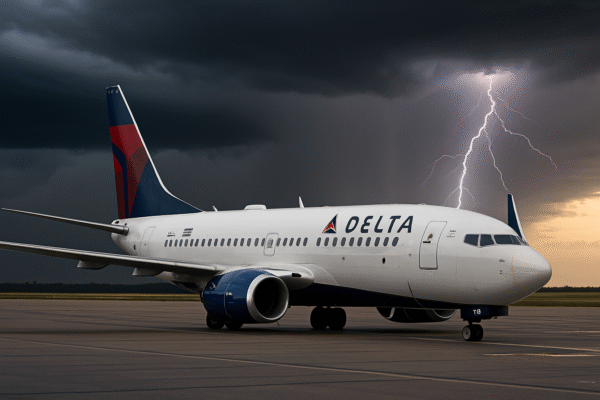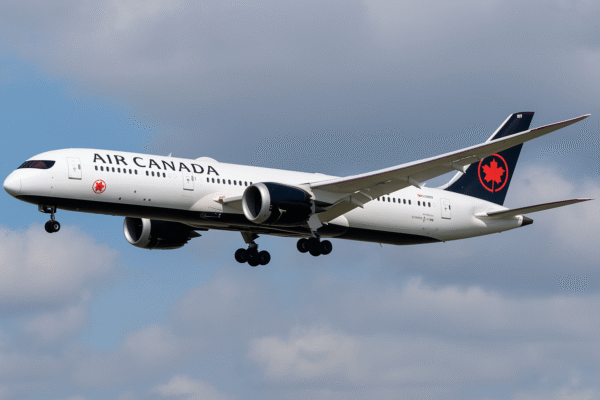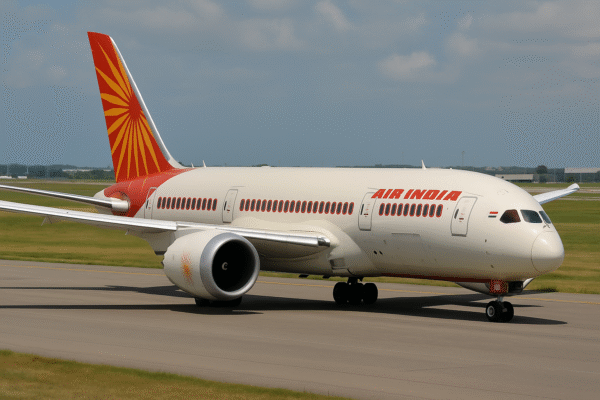Air India’s Low Fares Tempt UAE Travelers, But Safety Concerns Cloud Airline’s Reputation After Ahmedabad Tragedy
Dubai, UAE – July 31, 2025 — Amid surging summer travel between the United Arab Emirates and India, Air India and Air India Express have emerged as leading choices for budget-conscious travelers. With ticket prices often slashed by over 50% compared to other airlines, routes like Dubai to Mumbai now start from just AED 291, while Dubai to Chennai can go as low as AED 734—far below the AED 1,290 fares on competing carriers.
However, despite the surge in bookings driven by affordability, a shadow has been cast over the airline’s reputation following the tragic crash of flight AI171. The aircraft, en route from Ahmedabad to London Gatwick on June 12, 2025, crashed shortly after takeoff, killing 241 of the 242 passengers on board and at least 19 people on the ground. The disaster has intensified scrutiny over the airline’s safety protocols and raised red flags among frequent flyers in the UAE.
Affordable Yet Controversial: Air India’s Popularity Among UAE Residents
With inflation impacting global airfares, Air India and its low-cost subsidiary, Air India Express, have provided much-needed relief for Indian expatriates and tourists alike. For instance, a one-way Air India Express ticket from Dubai to Thiruvananthapuram can be purchased for as low as AED 403, compared to AED 1,040 on other carriers.
Despite the cost advantage, the tragic Ahmedabad incident has altered public perception. “People in the UAE are weighing their options more carefully now,” said Subair Thekepurathvalappil, Senior Manager at Wisefox Tourism. “Affordability is critical, but not at the cost of personal safety.”
Beyond the Crash: Operational Setbacks and Passenger Complaints
Since the Ahmedabad tragedy, numerous complaints have surfaced across social media regarding delayed departures, malfunctioning air-conditioning units, and unclear communication from airline staff. Videos of passengers visibly sweating in poorly ventilated cabins have gone viral, further denting the brand’s image.
A recent flight between Dubai and Kochi reportedly experienced a six-hour delay, despite the aircraft landing well ahead of schedule—highlighting issues with gate management and ground services. Many travelers have taken to X (formerly Twitter) and Facebook to express frustration, tagging both Air India and regulatory authorities.
In response, an Air India Express spokesperson stated, “We are treating operational reliability and customer satisfaction with utmost seriousness. Internal audits and technical checks have been intensified, and we are committed to restoring trust.”
Comparing Options: Emirates, Etihad, and flydubai Offer Reliability at a Premium
The disruptions have prompted many travelers to opt for UAE-based flag carriers. While Emirates, Etihad, and flydubai offer tickets at significantly higher prices, their track record of punctuality, comfort, and onboard service remains a major draw.
According to aviation analysts, Emirates flights between Dubai and Indian metros not only offer seamless travel but also maintain superior inflight service standards. Etihad’s strategic connectivity via Abu Dhabi and flydubai’s focus on secondary Indian cities make them strong alternatives for travelers wary of budget airline inconsistencies.
Air India at 75: A Mixed Milestone Amid Fleet Upgrades and Trust Deficit
Marking its 75th anniversary in 2025, Air India is undergoing significant transformations under Tata Group’s ownership. Fleet modernization efforts include orders for new Boeing 787 Dreamliners and Airbus A350 aircraft, designed to enhance long-haul and regional comfort. However, experts suggest that fleet upgrades alone cannot repair the reputational damage caused by recent events.
According to India’s Directorate General of Civil Aviation (DGCA), the AI171 crash investigation is ongoing, with early reports citing potential engine malfunction and outdated safety protocols. The final report, expected later this year, could influence future regulatory actions and insurance implications for the airline.
Will Air India Regain UAE Travelers’ Confidence?
Despite everything, some passengers remain loyal to Air India and Air India Express, citing cost savings and extensive connectivity to Tier 2 and Tier 3 cities in India. For many working-class residents and families, the fare difference of several hundred dirhams can outweigh perceived service issues.
Ali, a Dubai-based Indian expat, recently chose to switch airlines after a friend’s delayed Air India flight, but admits the fare pricing is still tempting. “If they fix the delays and improve onboard comfort, I would fly with them again,” he said.
Looking Ahead: Trust vs. Price in UAE–India Air Travel
Air India’s strategy of offering deep discounts may help sustain passenger numbers in the short term, but analysts caution that long-term brand trust must be earned through consistent operational performance and transparent safety reforms.
Industry data from IATA shows that the UAE–India corridor is among the busiest international routes globally, making reliable service and safety a non-negotiable expectation for many travelers. While Air India may have successfully undercut its rivals on price, it now faces the greater challenge of proving that affordable doesn’t mean unsafe.
As the peak summer season continues, UAE residents planning trips to India are advised to weigh their choices carefully—balancing budget considerations with safety, comfort, and punctuality.
For more travel news like this, keep reading Global Travel Wire



















